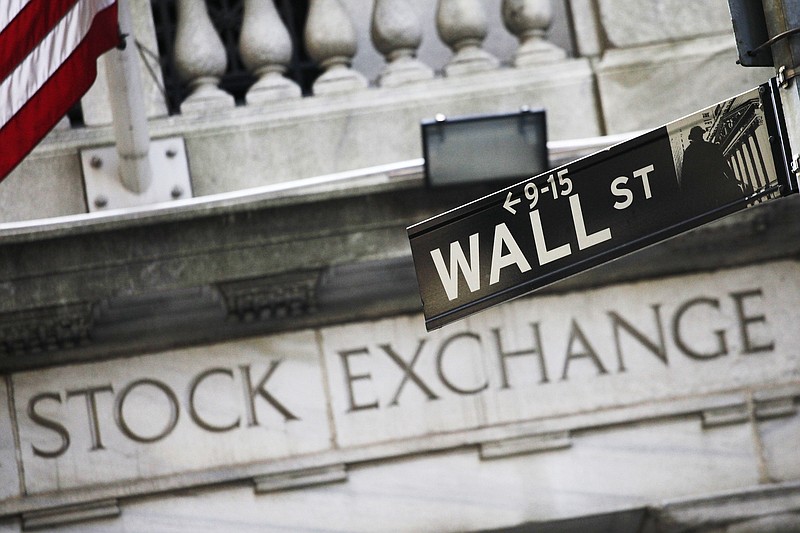On May 23, car rental company Hertz filed for bankruptcy. Drowning in a $24 billion sea of debt and walloped by the coronavirus, the 102-year-old company threw in the towel and began the process of negotiating partial repayment of creditors. The stock, now essentially worthless, traded down to 59 cents and hovered below a buck until something weird happened. An army of amateur speculators got on their smartphones and started buying the shares, juicing the price nearly tenfold to $5.50. The move was so stunning and comically irrational that the bankrupt company decided to offer an additional $500 million of the stuff to these novice traders complete with the requisite warning: "We expect that common stock holders would not receive a recovery."
Welcome to the new dot com bubble, now known as the "Robinhood Market." New financial technologies like Robinhood and other zero-cost platforms have allowed novice traders with time on their hands and COVID stimulus checks in their wallets to place their bets on the stock market in the absence of sports gambling. The phenomenon has produced some bizarre outcomes, like the surge in presumably worthless stocks like Hertz, JCPenney and Whiting Petroleum, as well as companies facing massive uncertainty like airlines and cruise ships. Highly redolent of the internet stock bubble, this mania cannot end well, but it could go on for a while.
Bubbles are a regular feature of human endeavor. But several ingredients have combined to flavor this one differently.
Responding to the economic damage from the virus, the Federal Reserve embarked upon a rescue mission that will ultimately double the stimulus thrown at the 2008 Great Recession. Recognizing that conventional monetary tools are ineffective, the Fed has capitulated and essentially adopted stock market support as a proxy for promoting full employment. Dubbed the "Fed put," it sends the message to investors that the central bank will prop up the markets come what may.
Two new acronyms have arisen as factors. FOMO or "fear of missing out" is an oft-repeated rationale for irrational exuberance, while TINA ("there is no alternative") argues that given massive money printing, stocks are the only game in town.
Another relatively late development has been the end of explicit trading costs. While Robinhood pioneered free trading in 2015, the major discount brokers like Schwab and Fidelity have also eliminated trading commissions, making it essentially frictionless to speculate via mobile devices while noshing on avocado toast.
Add to these the absence of major sports and associated sports betting, and all that testosterone needs an outlet. Perhaps telling is the curious elevation of an online sports book impresario with a $50 E*TRADE account to the status of investment guru. Embracing the motto "Stocks only go up," the profane self-proclaimed "Davey the Day Trader" dispenses stock tips and sunglass reviews from a somewhat raunchy but otherwise idled betting website called Barstool (day traders, incidentally, are overwhelmingly male.) "Davey," who has traded stocks for at least three months now, declared that Warren Buffet is "washed up" and that "he is the captain now."
Look out below. We have seen this kind of excess repeatedly over the years, and never leading to a good outcome. One bright spot is that there is much less leverage so far during this bubble to magnify losses as happened in the last 2 reckonings of the day traders. And already some of the froth is cooling. Hertz is back down below $2 (headed to zero).
Long term investors are always best served by tuning out such noise, though it admittedly been tempting to dip a toe in the pool. But manias can end abruptly, so fashioning a plan and sticking to it remains the best insurance against the vagaries of market volatility. Remember that advice from a barstool may not be the best bet.
Christopher A. Hopkins, CFA, is a vice president and portfolio manager at Barnett & Co. in Chattanooga
